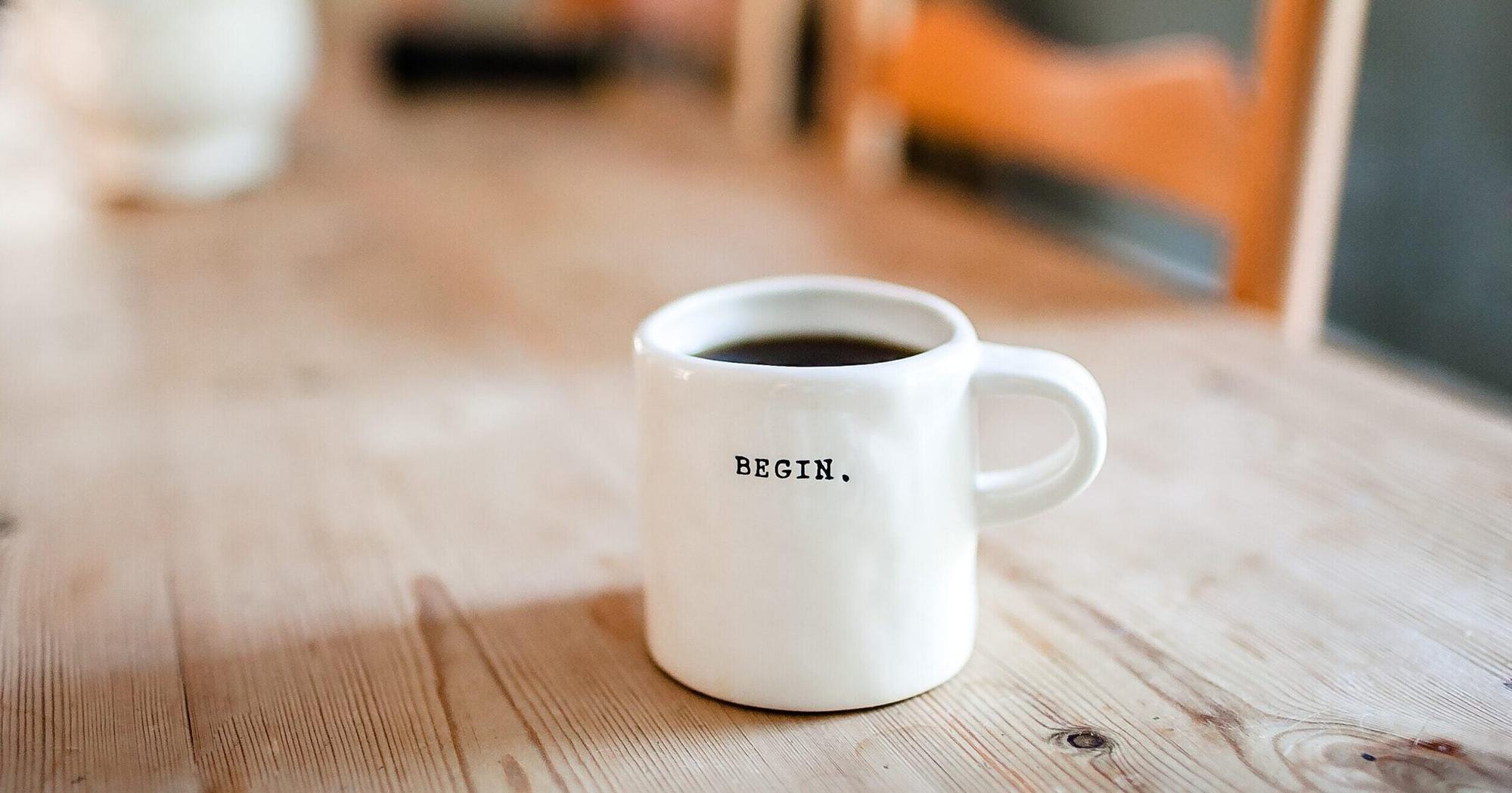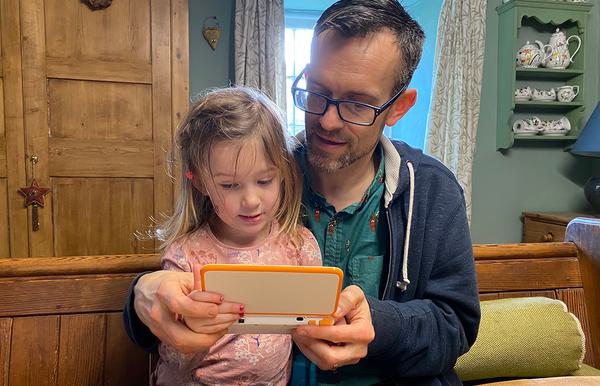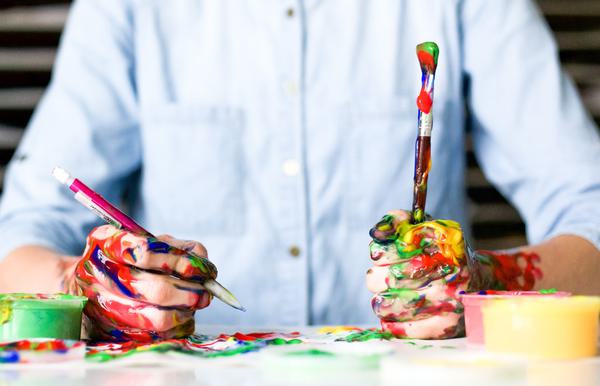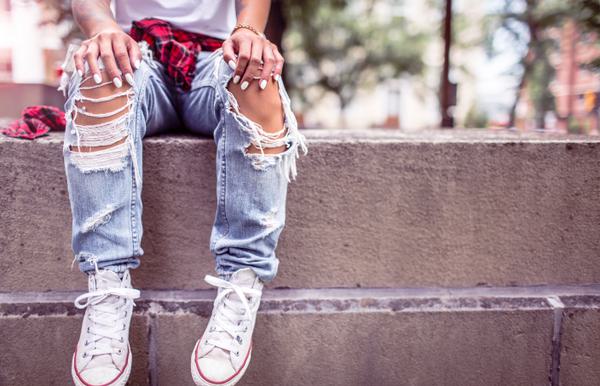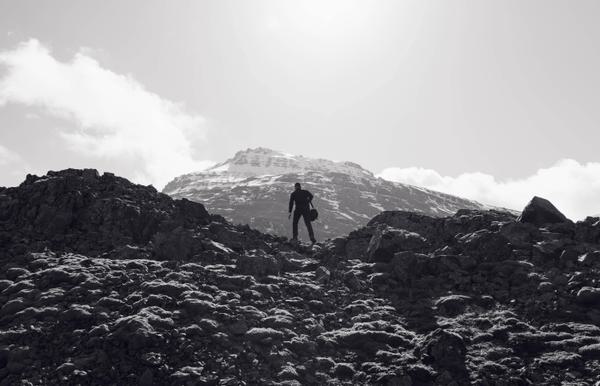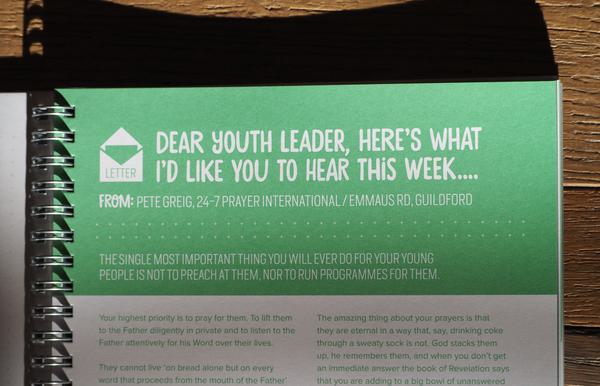We ran this liveblog from March to May 2020 to help youth leaders respond to the Covid-19 pandemic. All the content shared can still be accessed and searched for via the sidebar.
SOME HIGHLIGHTS FROM THE LIVEBLOG ARCHIVE:
Topic: Mental health
There are 0 new posts since the page loaded. Refresh
Liveblog: midweek round-up
We've been posting a lot on this liveblog and we don't want you to miss out, so we thought we’d give you a mid-week round-up of some our highlights you might have missed over the last seven days:
- Together Apart session three and session four came out this week! These comprehensive session plans are part of a short series enabling you to explore life and faith with young people, designed specifically for the context of online youth work.
- There have been several great podcasts released in the last week but in particular, we recommend checking out Dr Kate Middleton’s insights into the mental health of young people during isolation. There are tips and practical advice applicable to both young people and youth leaders alike. On a similar theme, another great article to check out is Young Minds blog post 'Young people's self-care tips for self-isolation’ which features practical advice from young people themselves!
- Writer and broadcaster Andy Robertson shared some excellent content on the ‘Spirituality of Games’. He challenged us to reevaluate the way we view video games and how these games are more than just entertainment to young people – they are a new way to tell stories, to engage with the world and make sense of life.
- Our friends at Open Doors Youth have created some incredible resources for young people and youth leaders for this time of isolation – learning lessons from the persecuted church. These resources are available in several different media forms and explore themes of uncertainty, isolation, lack and fear.
- The ultimate ‘Lockdown Listicle’ appeared on the liveblog just in time for the start of the Easter ‘holidays’! This list brings together 99 fun, thoughtful and creative ideas young people can try out over the next couple of weeks.
These are just a few highlights from a week of all-around incredible content. We want to thank you so much for your support and if there’s something you’d love to see or even something you want to contribute in coming weeks please get in touch!
Kintsugi Hope online wellbeing groups
Kintsugi Hope are giving the chance for people to run their wellbeing groups online. You can find information about it, including a downloadable brochure, on their website. They've also moved the training for group leaders online.
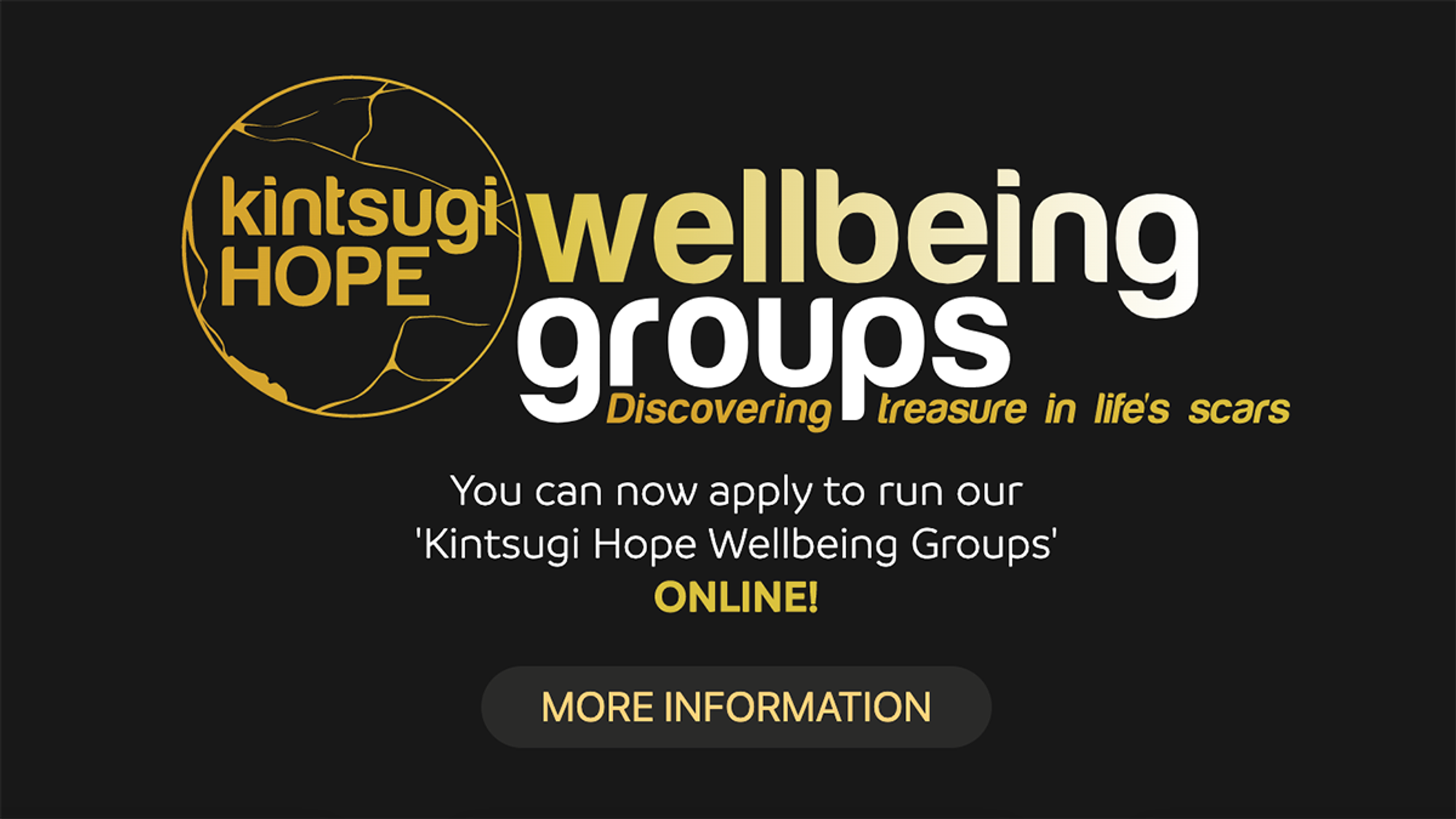
Lockdown listicle: 99 things for young people to do over Easter
Happy Friday! (If you're still following the days of the week) With the weekend comes a new blog post – this one's from Lahna Pottle, all about the fun, thoughtful and creative things young people could try out over the Easter 'holidays'.
"The Easter holidays are going to look a little bit different this year. Ok, a LOT different. And young people are going to need plenty of ideas and inspiration for things to do to have fun, keep busy, and spiritually, emotionally, physically and mentally fed..."
Lockdown listicle: 99 things for young people to do over Easter
How can you stay engaged, educated and entertained in this age of isolation? Here's 99 ideas for young people to try this Easter.
Podcast Special #6: Mental Health tips
We’re creating a special series of the Youthscape podcast, which will continue to appear at semi-regular intervals during the current global crisis.
The latest edition has just gone live; in it Rachel talks to Dr Kate Middleton from the Mind and Soul Foundation about what young people might be dealing with in terms of their mental health, and some practical advice for them. Much of it also applies to youth leaders! Martin and Rachel also own up to which cringey films/TV shows they've stooped to watching during lockdown...
You can listen now here, and subscribe to make sure you never miss an episode, here.
YS Special Edition 6: Mental Health tips with Dr Kate Middleton
How can we help young people look after their mental health during this time? Rachel talks to Dr Kate Middleton from the Mind and Soul Foundation about some practical tips for young people (and youth leaders!)
Young Minds' self-care tips from young people
In this time when we're all so aware of our physical health, let's not neglect the mental and emotional health of the young people we work with. As a starting point, Young Minds have gathered some self-care tips from some of their young bloggers.
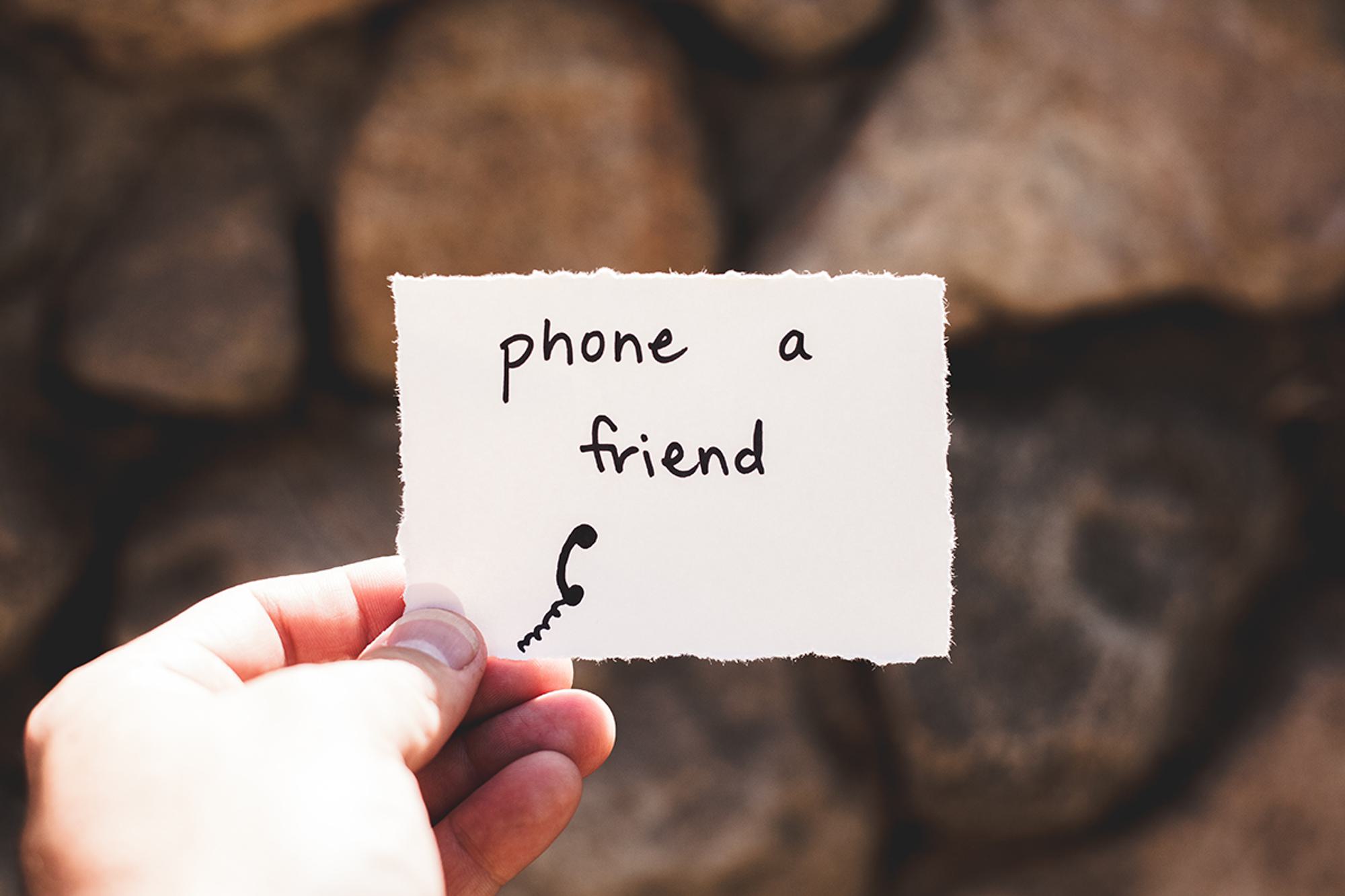
The Story: Free poster 1 – ‘Everything you need to know about self-harm’
We’ve been rummaging around in the digital basement, and found some old posters from the first few editions of our research quarterly The Story, way back in the heady years of 2015 and 2016. We thought we’d share one a week with you, as a free download, in case you find yourself with a little more time for reflection and reading. If that’s not you, stick it in a file marked ‘Later’. You can download the poster as a PDF via the adjacent link.
Although much of this is still very relevant, there has been lots of research published since we produced our first poster on self-harm. You can read some of it in this Research News blog that we published last year.
We also released the spring edition of The Story this week: you can read it online here, or to get the full version in print, subscribe to The Story here.
The Story poster 1: Self-harm
A free downloadable PDF from our research quarterly The Story, on 'everything you need to know about self-harm'.
Supporting young people with autism
The Association for Child and Adolescent Mental Health have uploaded a podcast to talk about how to help young people and children with autism during this pandemic. They give some practical tips on how to help manage anxiety, maintain structure and explain the situation to young people.
NSPCC: talking to children worried about COVID-19
The NSPCC has shared useful guidance about how to talk to children worried about coronavirus, alongside practical ideas about dealing with isolation: how to structure a day; keeping in touch with family, and helping young people maintain a sense of control. Childline, part of the NSPCC, has also produced this coronavirus information page aimed specifically at young people.
Childline last week reported it has faced "unprecedented demand for its services" in the wake of COVID-19. More than 900 children and young people worried about coronavirus had counselling sessions with Childline between the 21st of January and 22nd March. Sessions peaked on the day (18th March) that the government confirmed UK school closures.
The NSPCC reported that "Over half of young people who spoke to Childline last week about coronavirus were counselled for their mental and emotional health around issues like isolation, arguments at home and removal of professional support from schools and the NHS."
Last week, Youthscape Luton launched a Digital Mentoring program to serve young people in Luton looking for support, you can find out about it here.
The Monday Report: overwhelmed but optimistic
Last week we asked you some questions for the Friday 3x3– a way to take the temperature of the youth ministry community during the Coronavirus pandemic. Every Friday at 3pm we’ll ask three questions which will take you no more than three minutes to answer. We’ve started with a modest 60 responses, so this doesn’t represent the wider community of Christian youth workers – it just gives us a sense of what’s going on.
You can read the full-length breakdown and reflection here, but a brief summary is below:
1. ALL THE FEELS
We provided a list of 25 emotions and asked you to pick up to three that described how you’d been feeling last week. Of the 60 who responded, the top two emotions were ‘overwhelmed’ (38%), ‘optimistic’ (37%) and ‘thankful’ (35%).
It’s not surprising to see that people feel overwhelmed. We have been experiencing something unprecedented and have had to suddenly change our way of life. It’s encouraging to see that, despite stress, there are also feelings of gratitude. We know that thankfulness is crucial for our mental health in times like this, for those with and without faith. It’s interesting to see optimism here. Perhaps it’s the closest to ‘hopeful’, which wasn’t one of the emotions provided but has theological resonance for many of us.
The Monday Report: overwhelmed but optimistic
Head of Research Lucie Shuker breaks down the results of our new weekly survey designed to hear how youth leaders are doing in the midst of COVID-19.
2. ZOOM-STA-GRAM
We asked which tools/platforms you used to communicate with young people since Tuesday, and joint top were Instagram posts and Zoom. Again, this was a small group of respondents, so we can’t take too much from it. But the phrase ‘zoomed out’ has now appeared in our lexicon, reflecting the platform’s meteoric rise in use over the last week and a half. So maybe we can trust the results after all? You know what hadn’t been used by any of our 60 respondents? Skype. Twelve had used email, four had seen young people face-to-face (2m apart) and one had even sent a letter. But no one had used Skype. Farewell, Skype.
3. ONLY CONNECT
Our third question was ‘In your own words, what have young people needed from you this week?’
The most frequent answer was connection. Some kind of contact, check-in, acknowledgment or presence in a crazy week. One person said, “knowing someone is thinking of them.” After that were a number of references to fun. This meant the chance to laugh, celebrate a birthday or engage in “usual banter". Some expressed this as entertainment and others as joy. The third most reported need was for reassurance – that it will be ok, that we are still there or that “it's okay to feel a mixture of emotions in these unusual times”.
Thanks to those who took part! If you missed it why not join us next time – see you Friday at 3pm?
Dangerous hope: COVID-19 and a new youth work frontline
New blog post from Rachel Gardner at Youth Work News:
"These are the invisible, not yet adult but not protected like kids, fragile and challenging young people that as the virus hits will refuse to do what we want them to. They’ve got nowhere to go, no-one to care, and nothing to lose - and they’re going to be in the streets, bus stops, subways, parks and graveyards that the rest of us are vacating. In their minds they’re already socially isolated...Many of them don’t have phones or access to technology. Their reliance on each other is as solid as it is fragile. Of course they'll be there for each other, until they’re not. Then they’re totally alone."
Dangerous hope: COVID-19 and a new youth work frontline
Some young people already know social isolation too well. Rachel Gardner tells the story of the 'misfits' who found home in her church graveyard – and asks what youth ministry means in an age of contagion.
A guide to self-isolation: 9 ideas from a chronically ill person
‘Self-isolation’ is a major challenge to our normal way of life, but the spread of COVID-19 has made it a necessary one. In this new post on Youth Work News, Head of Theology Phoebe Hill offers practical wisdom on how to self-isolate well, from her experience of living with chronic illness.
